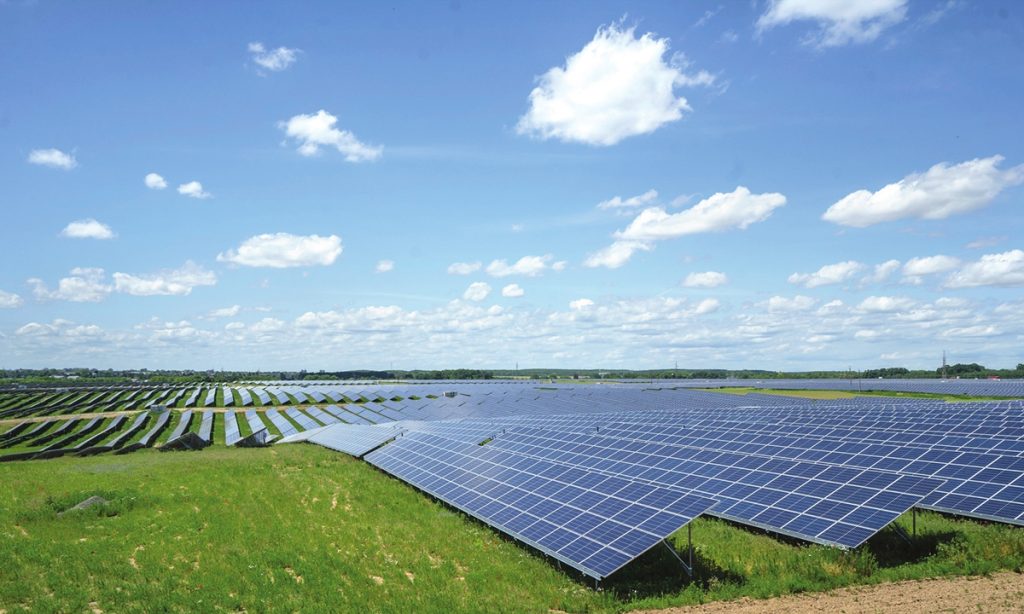With focus on environmental protection, BRI champions spirit of green, low-carbon development

In the face of an escalating climate change threat, the Belt and Road Initiative (BRI) actively champions the spirit of green and low-carbon development, advocating for a sustainable future.
As the recent BRI white paper released by China's State Council points out, the BRI embraces the global trend of green and low-carbon development, emphasizes respect for and protection of nature, and respects the right of all parties to pursue sustainable and eco-friendly growth.
Despite vicious campaigns launched by certain Western media outlets to smear the BRI as causing environmental damage in other countries, analysts noted that the real fact is that by making use of the expertise in renewable energy, energy conservation, environmental protection, and clean energy production, and employing Chinese technology, products, and experience, China actively promotes BRI cooperation in green development.
During visits by Global Times reporters to various BRI project sites worldwide, it became evident that Chinese enterprises prioritize environmental conservation measures when conducting operations abroad. Meanwhile, there is an increasing uptake of Chinese energy products in Belt and Road countries transported by rail and air, effectively harnessing renewable resources like wind and solar energy.
Taking the cooperation between China and Fiji as an example, in 2014, China and Fiji established the South-South cooperation to address climate change. In May 2022, the two countries signed a bilateral MOU on the Provision of Goods under the South-South Cooperation for Addressing Climate Change.
Chinese Ambassador to Fiji Zhou Jian told the Global Times that China and Fiji are both victims of climate change, as well as allies in addressing climate change.
Analysts pointed out that the cooperation between China and Fiji is a shining example of the green BRI. The Belt and Road Initiative Action Plan not only laid out the overarching vision and framework of the BRI but also underscored the paramount significance of environmental preservation and sustainability within BRI projects.
Furthermore, China, in conjunction with BRI participant nations, has established comprehensive frameworks for the implementation of Environmental Impact Assessment (EIA) Guidelines for BRI projects. These guidelines have proven instrumental in ensuring that environmental considerations are integrated into the planning and execution of projects.
China has also extended its commitment to environmentally sustainable BRI initiatives through various international agreements and partnerships. This includes the signing of an MOU with the United Nations Environment Programme, aimed at fostering a green Belt and Road from 2017 to 2022. Additionally, China has entered into environmental cooperation accords with over 30 countries and international organizations. Furthermore, in collaboration with various nations, China launched the Initiative for Belt and Road Partnership on Green Development. It has also played a pivotal role in establishing the BRI International Green Development Coalition, boasting more than 150 partners from over 40 countries, the Xinhua News Agency reported.